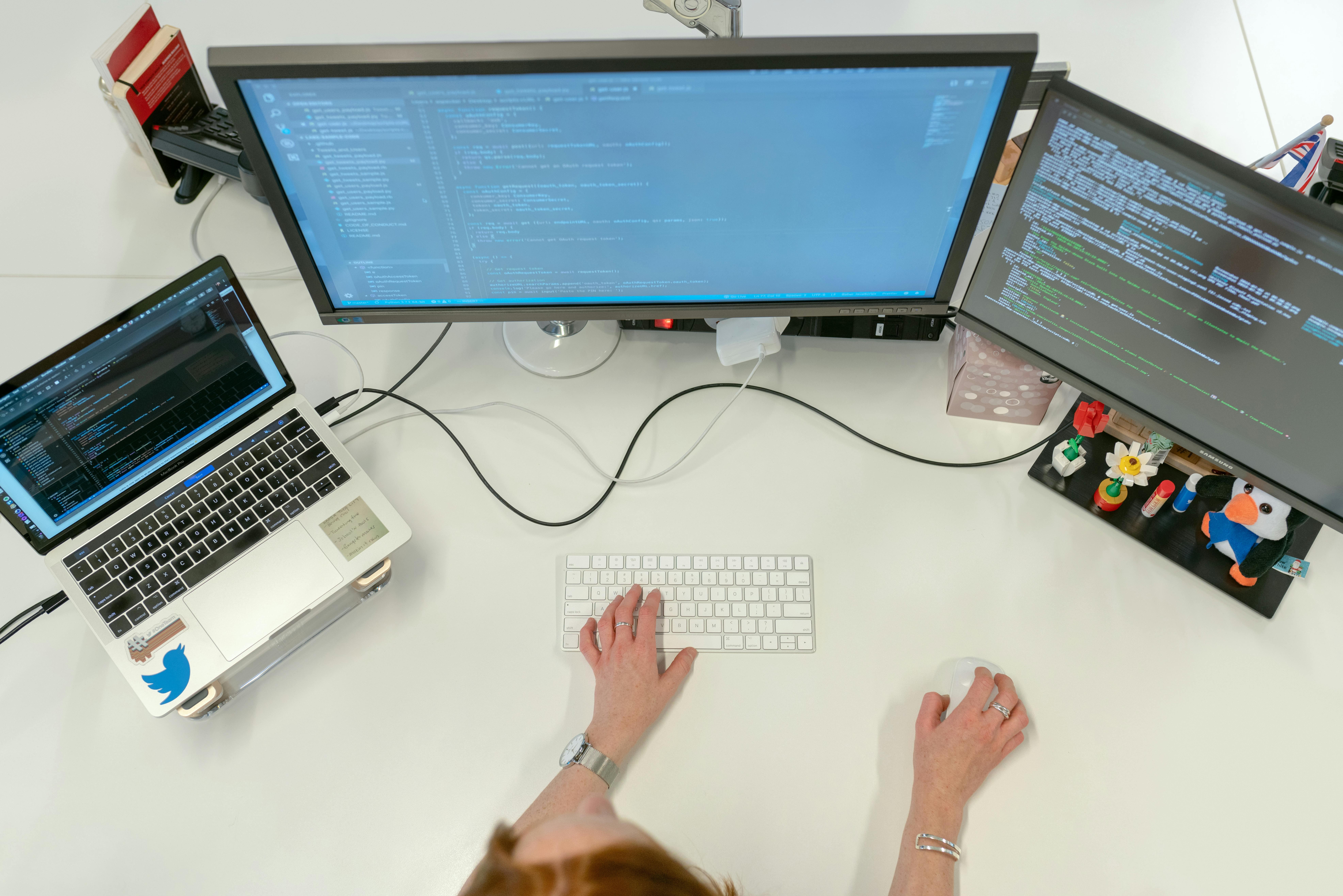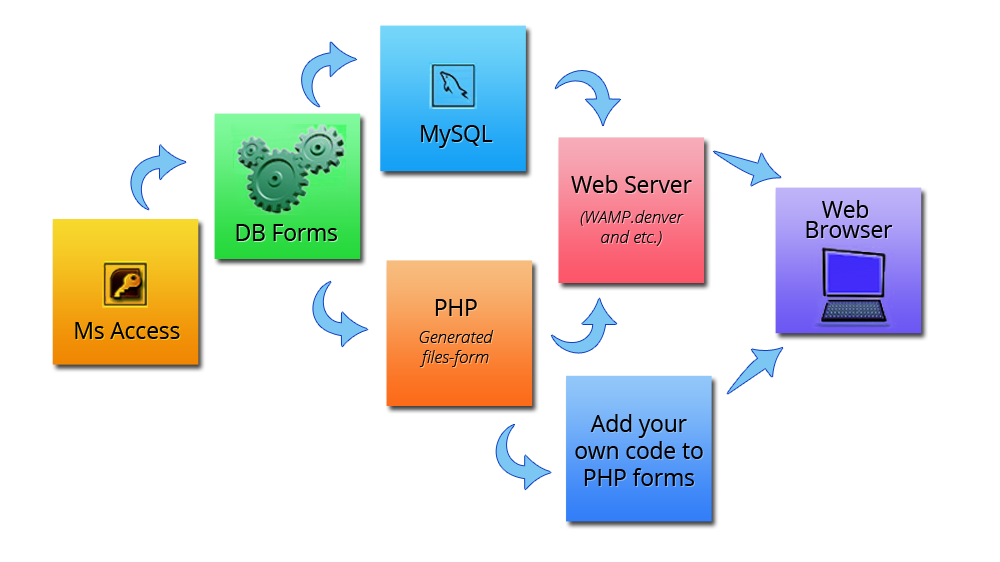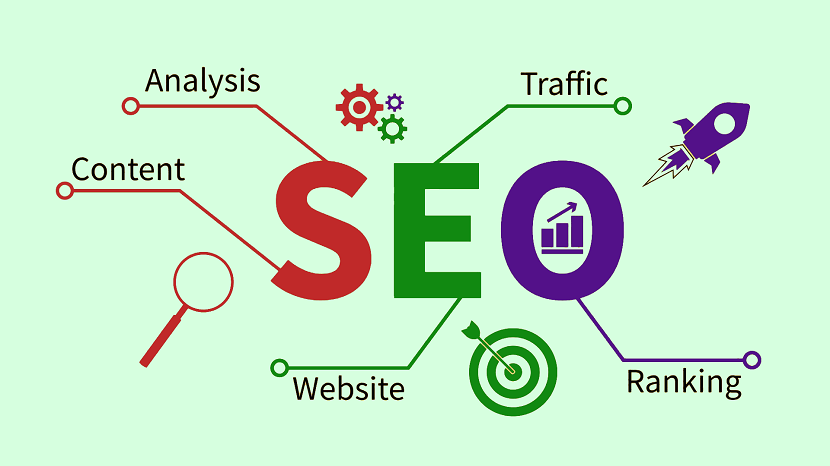
The software development landscape is evolving rapidly in 2025, driven by advancements in artificial intelligence, cloud computing, and automation. Developers and businesses alike are embracing these trends to enhance efficiency, security, and user experience. Here's an in-depth look at the top trends to watch this year:
AI-Powered Development
Artificial Intelligence continues to revolutionize software development. Tools like Claude Sonnet 4.5 are leading the way, offering advanced capabilities in code generation, debugging, and autonomous computing. These AI models are not only improving coding efficiency but also enabling developers to focus on more strategic tasks
Low-Code and No-Code Platforms
Low-code and no-code platforms are democratizing software development, allowing individuals without extensive coding experience to create functional applications. In 2025, these platforms are becoming more sophisticated, empowering business analysts and marketers to build apps that meet their needs without relying heavily on developers
Cloud-Native and Serverless Architectures
Cloud-native development and serverless computing are gaining momentum as businesses seek scalable, cost-efficient solutions. Technologies like Docker, Kubernetes, and AWS Lambda are simplifying infrastructure management, enabling developers to focus on building applications rather than managing servers
DevSecOps and Security-First Development
With the increasing prevalence of cyber threats, integrating security into every phase of the development cycle is becoming essential. DevSecOps practices, including automated compliance, vulnerability scanning, and penetration testing, are being adopted to ensure secure software delivery
Edge Computing for Real-Time Processing
Edge computing is crucial for applications requiring real-time data processing, such as IoT devices and autonomous systems. By processing data closer to the source, edge computing reduces latency and bandwidth usage, leading to more efficient and responsive applications
Quantum-Ready Programming
While still in its early stages, quantum computing is poised to impact fields like cryptography, simulation, and optimization. Frameworks like Qiskit and Cirq are preparing developers for a quantum-powered future, enabling them to explore new computational possibilities
Composable Architecture & Microservices 2.0
Organizations are shifting towards composable and event-driven architectures, enabling greater modularity and flexibility. This approach allows for more scalable and maintainable systems, facilitating faster development and deployment cycles
Sustainable Software Engineering
As environmental concerns grow, sustainable software engineering practices are gaining traction. Developers are focusing on creating energy-efficient code and optimizing applications to reduce their carbon footprint, aligning with global sustainability goals
Conclusion:
The software development industry in 2025 is characterized by rapid innovation and a shift towards more efficient, secure, and sustainable practices. By staying informed about these trends, developers and businesses can better navigate the evolving technological landscape and leverage new opportunities for growth and innovation.

.jpg)



.jpg)
